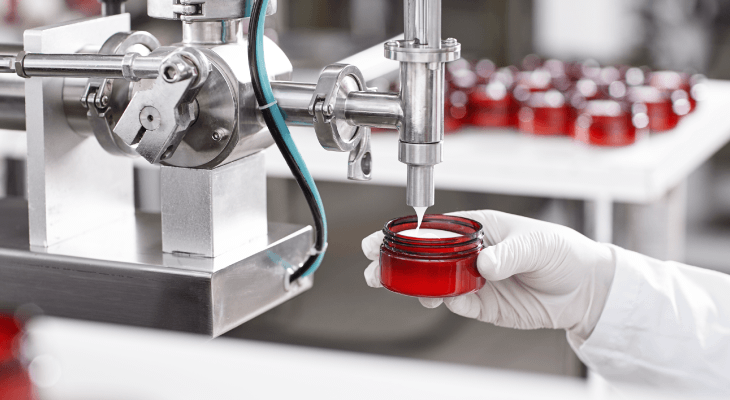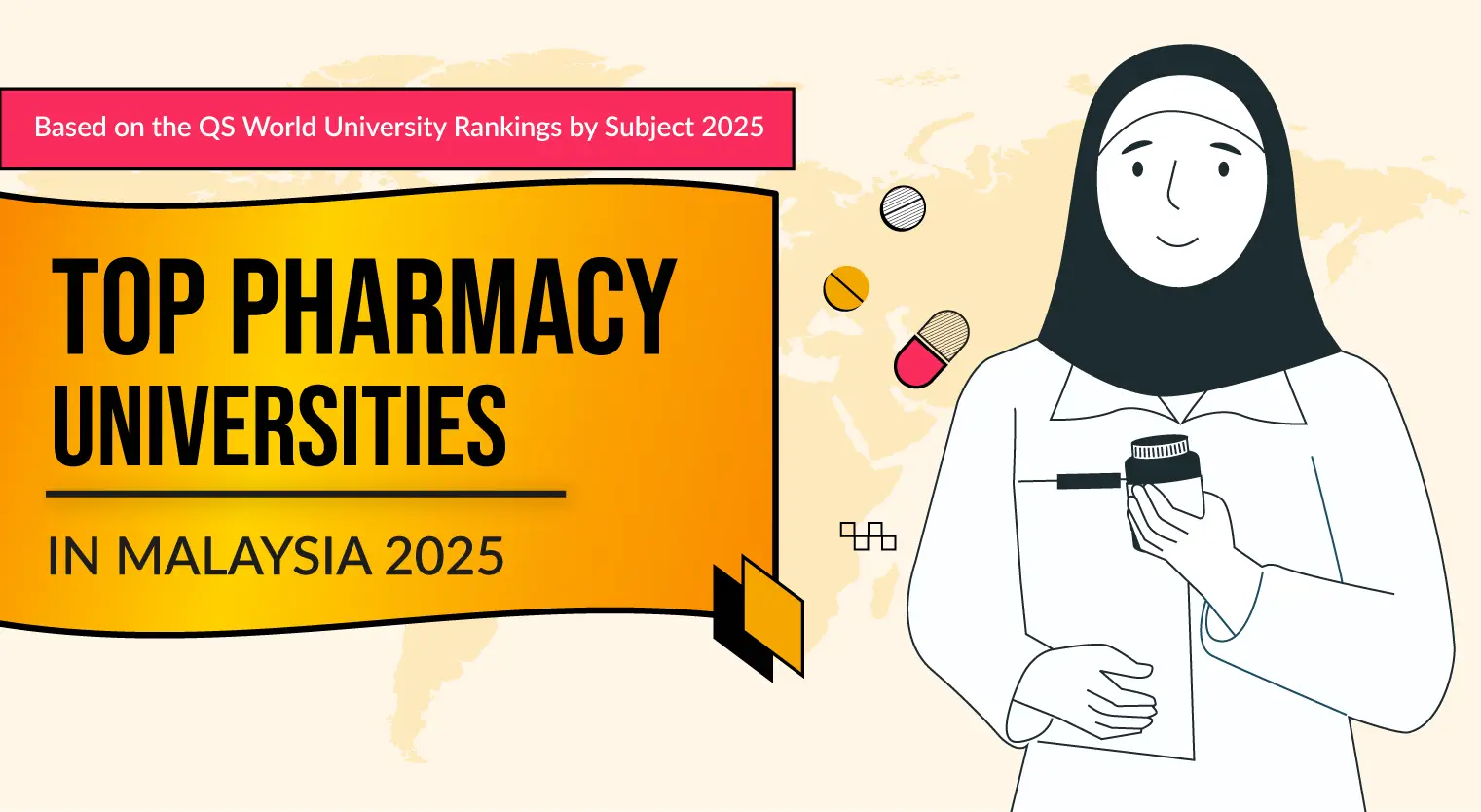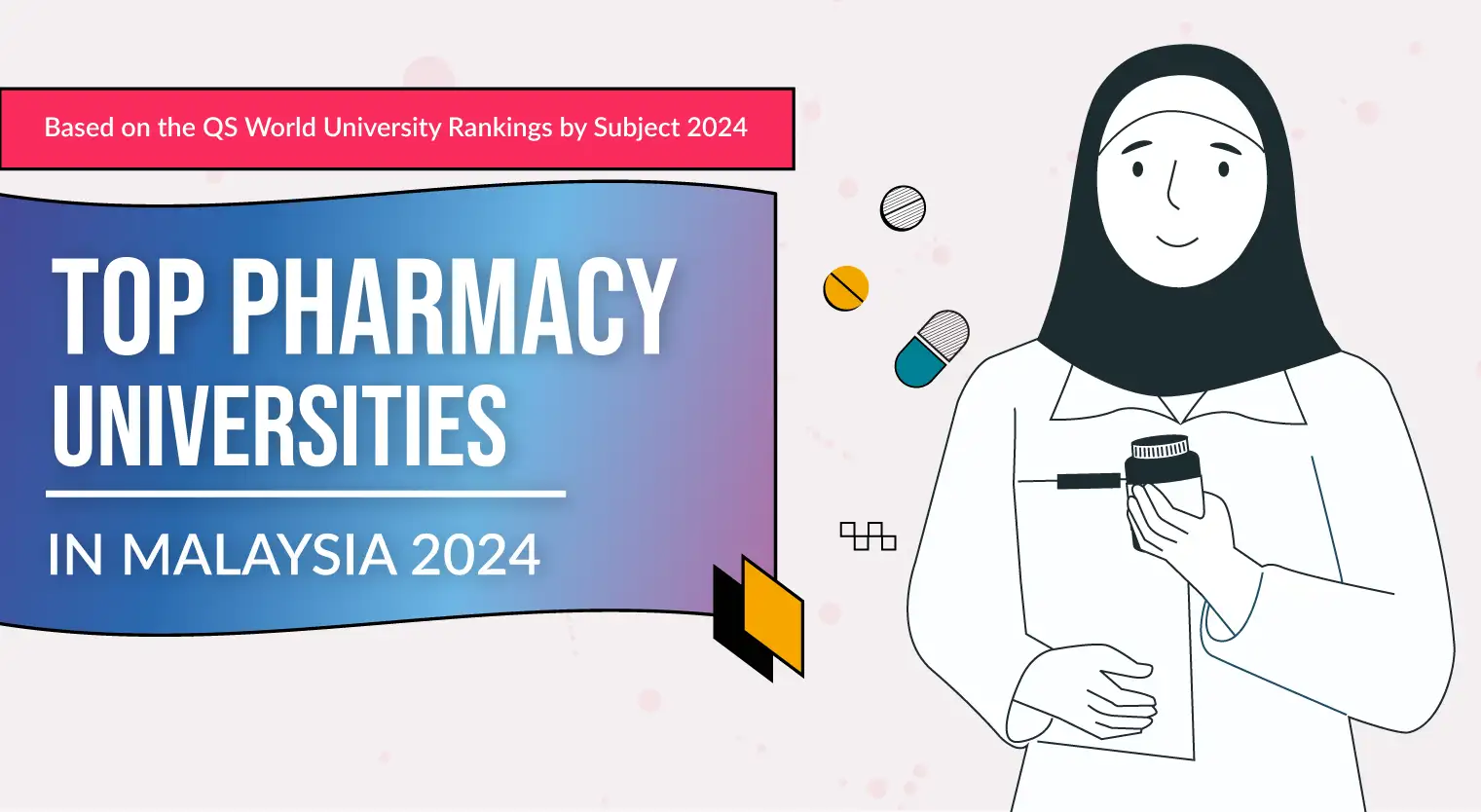5 Alternative Jobs for Pharmacy Graduates
Love pharmacy but not sure if being a pharmacist is right for you? Check out these alternative careers for pharmacy graduates that you can go for.
Updated 20 May 2022

Being a pharmacist is perhaps the most obvious career option for pharmacy graduates. But what about those who aren’t quite sure whether being a pharmacist is right for them?
If you’re worried that pursuing a pharmacy degree may be limiting, here are 5 career alternatives where your pharmacy degree will be useful.
#1. Academia

As a pharmacist graduate, you will gain a solid understanding of science subjects especially chemistry and biology. After all, there’s a minimum requirement you have to fulfill to qualify for the degree in the first place.
So, instead of letting these knowledge go to waste, why not pass them on to the new generation? You can sign up as a science or chemistry teacher in schools or private tuition centres. Do take note, however, that you will need a teaching qualification if you want to teach at government schools.
Moreover, you also have the option of becoming a lecturer. However, this position usually requires a higher academic qualification than an undergraduate degree.
#2. Medical science liaison

The main responsibility of a medical science liaison (MSL) is to act as the point person between your employer and important stakeholders in the healthcare field. The role is different from that of a sales rep as it is more focused on educating than selling.
To succeed in this job, you will need in-depth knowledge of the going-ons in the healthcare field as well as strong communication skills. As an MSL, you will have to reach out to key opinion leaders (KOLs) in the medical world and present your company’s product.
Additionally, you will continue to bear responsibility for medical products by providing continued support to your clients. You are expected to keep distributors informed, collect data from KOLs, conduct scientific training courses and coordinate trials.
MSL is an important part of any pharmaceutical company. If you’re someone who loves connecting with other people, MSL is a great job that balances communication with healthcare.
#3. Cosmetic chemist

As part of your pharmacy degree, you will cover subjects such as human anatomy and physiology as well as chemistry and biology. You can use this knowledge to become a cosmetic chemist!
Your main task as a cosmetic chemist is to research and develop new cosmetic products. This means playing with different chemical components to create cosmetic products like makeup and skincare.
Your background in chemistry and experience in compounding (how to mix chemicals to achieve your desired effects) as well as your knowledge in human health can make you an excellent cosmetic chemist. This is because you not only have the experience of how to play around with chemicals safely, but you also know what’s safe for human use and what’s not.
If you’re someone who enjoys cosmetic products, this could be the dream career for you.
Apply for university with EduAdvisor
Secure scholarships and more when you apply to any of our 100+ partner universities.
Start now#4. Health informatics

Data science has played an important role in healthcare but its potential is far from fully realised. If you’re looking for a future-proof career that can take advantage of your knowledge in healthcare, you can’t go wrong with health informatics.
In its broadest sense, health informatics are professionals who use their knowledge in healthcare and technology to develop a database that can gather, store, interpret and manage massive amounts of health data which will in turn improve patient care.
Basically, you play the role of a data scientist within the healthcare field.
With the 2017 launch of the Malaysian Health Data Warehouse (MyHDW), the demand for professionals who can handle this data will only increase.

#5. Science writer

Do you have a passion for writing? Put your scientific and pharmaceutical knowledge to good use by becoming a science writer. Whether it’s business and trade publications, scientific and technical journals or general media, science writers can write for a variety of publications.
As a science writer, you will cover science-specific issues, which means you have to be able to understand complex scientific information, theories and practices. Depending on your target audience, you will also need good writing skills to ensure that your writings are clear and concise and can be understood by your audience.
You can also choose to specialise in medical writing where you’ll be writing clinical study documentations, medical communications and other regulatory documentations.
If you’re someone who is passionate about the field, loves to write and is a good researcher, this career is for you.
While a degree can help you prepare for a job, it doesn’t have to limit your prospects. As long as you know how to adapt and apply the relevant skills, you will find your perfect job.






